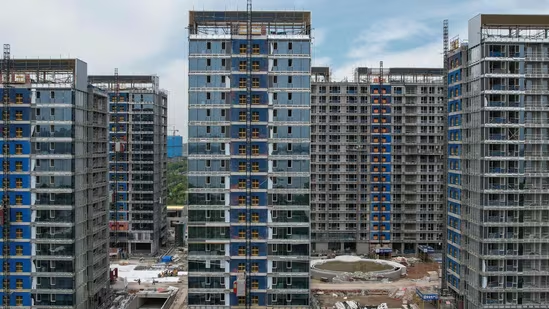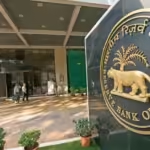China’s once-booming real estate sector continues to grapple with a prolonged downturn, despite a series of government measures aimed at stimulating a recovery. The decline in home prices, which began in 2021, has persisted throughout the year, raising concerns about the broader economic health of the country.
Several factors have contributed to the housing market slump. One of the key drivers is the government’s crackdown on excessive borrowing by property developers. This crackdown, known as the “three red lines,” has limited developers’ access to financing, making it more difficult for them to build new homes and invest in projects.
Additionally, the COVID-19 pandemic has had a significant impact on the housing market. Lockdowns and economic uncertainty have reduced demand for housing, particularly among young buyers who are facing job insecurity and rising living costs.
In response to the downturn, the Chinese government has implemented a range of measures to stimulate the housing market. These measures include lowering mortgage rates, providing subsidies to homebuyers, and easing restrictions on property sales. However, the effects of these policies have been mixed, and the market remains sluggish.
The ongoing slump in China’s housing market has broader implications for the economy. The real estate sector is a major driver of growth, and its decline has contributed to slowing economic activity. The government is under pressure to find effective solutions to revive the housing market and prevent a more severe economic downturn.
While the outlook for China’s housing market remains uncertain, there are signs that the government is committed to addressing the challenges. Continued efforts to support the sector, coupled with a recovery in the broader economy, could help to stabilize the market and pave the way for a gradual rebound.















